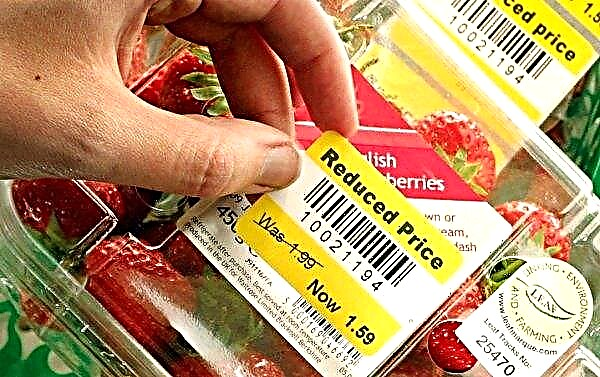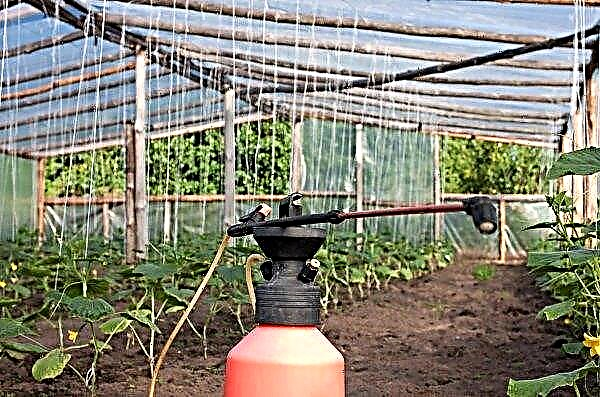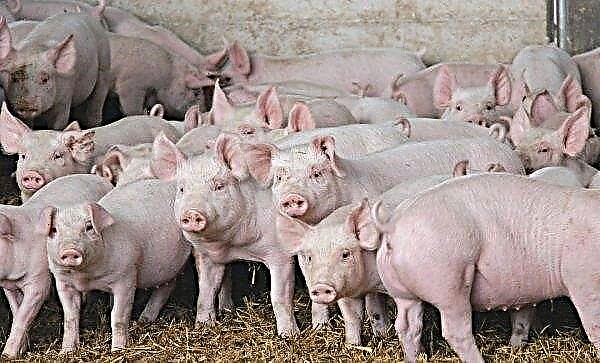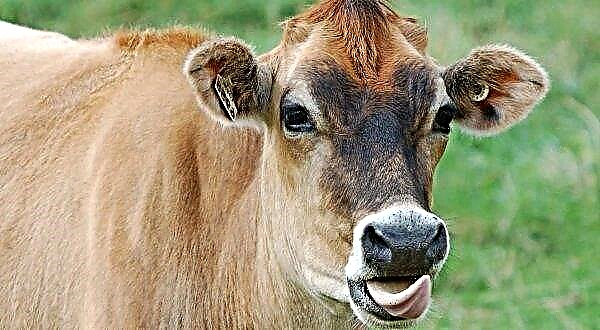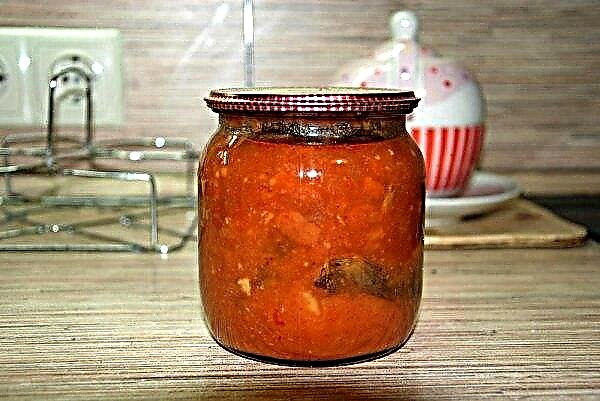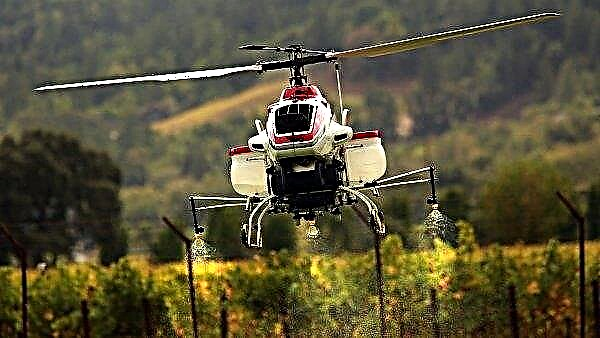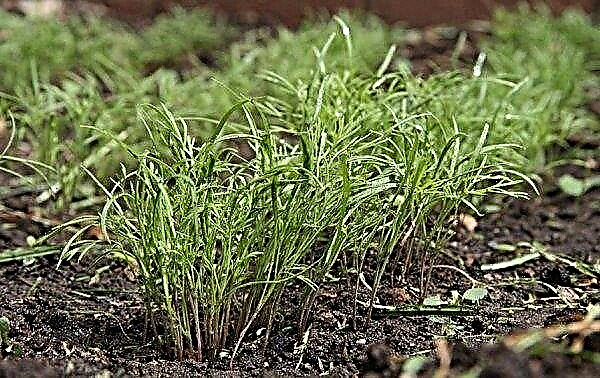According to independent economic analyst Sean Rickard, livestock auction markets in England and Wales generate at least £ 3.42 billion and support more than 3,000 jobs.
At 110 livestock auctions in England and Wales, about 2,599 people are employed, and the turnover is 1.76 billion pounds. Using the calculations of the Office of National Statistics (ONS), these direct costs invested in the economy increase due to an additional 1.66 billion pounds of indirect and related costs, which amount to 3.42 billion pounds for the economy.
Following the same ONS estimates, in livestock markets, total employment is equivalent to 3,095 full-time jobs. However, these figures do not take into account the total contribution of ancillary enterprises, such as farm stores located at or near the site.
The report, commissioned by the Association of Livestock Auctioneers, examined the overall economic contribution that livestock markets in England and Wales make and how this goes beyond direct support to the livestock industry and farmers.
The main findings from livestock auction research are that: Buyers and sellers benefit from fair prices that accurately reflect current demand; Small livestock enterprises have the right to equal sales in public tenders; Without auction markets, the number of cattle and sheep in England and Wales would be smaller; Animal protection responsibilities are critical to the success of livestock markets; Livestock markets are at the center of the agricultural network.

